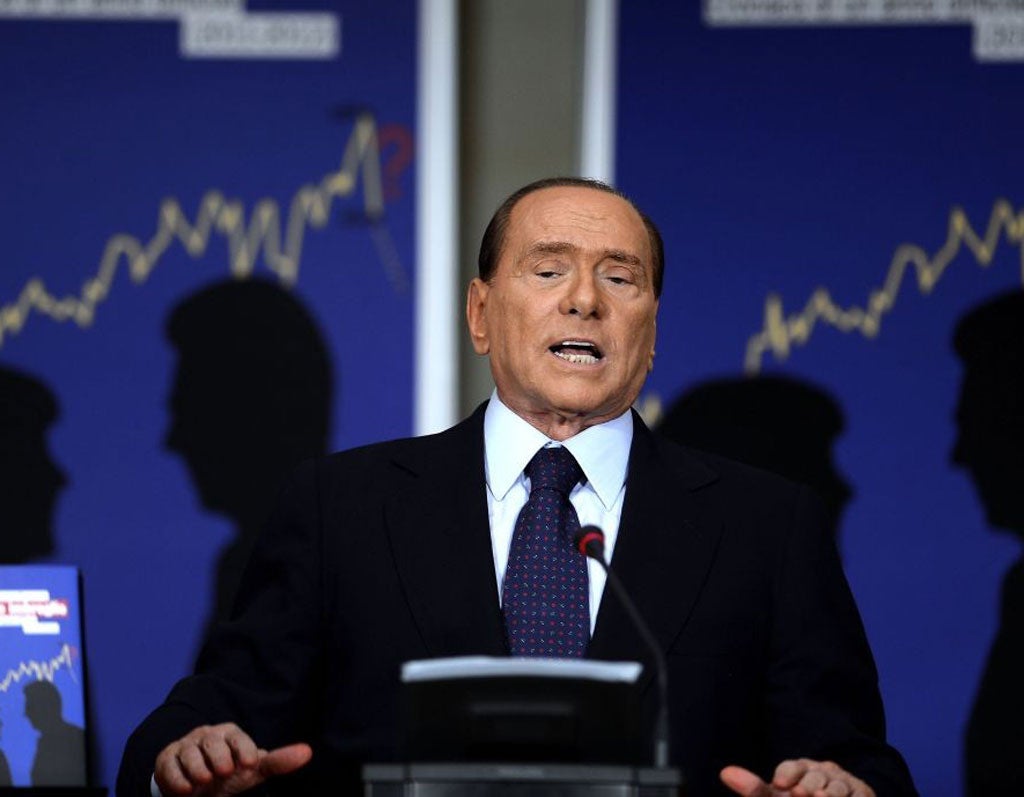Italy to ban criminals from parliament (so Silvio's safe, for now)

The government of Mario Monti is preparing to clean up Italy's tainted political system by banning convicted criminals from office.
It emerged yesterday that part of an approaching anti-corruption bill should ensure that no one convicted of a serious crime can stand in national or local elections.
The pledge was confirmed yesterday afternoon by the Minister for Public Administration, Filippo Patroni Griffi, who said t he government would act "to implement the legislation in time for it to be applied in the next election", due in April next year.
Such legislation would, according to La Repubblica newspaper, ensure the 26 people convicted of crimes, who currently hold roles in the lower house or Senate, never return. It might also put paid to the political careers of some of the 100 or so MPs and senators currently thought to be under investigation for serious crimes such as theft and corruption. Pier Luigi Bersani, head of the centre-left Democratic Party, supported the proposals. "We absolutely agree and we encourage the government to proceed without hesitation," he said yesterday.
But Francesco Paolo Sisto, a member of ex-Prime Minister Silvio Berlusconi's centre-right PDL, who sits on the parliamentary justice commission, told The Independent his party would support the proposals only if they applied to politicians who had been definitively convicted.
In Italy, the condemned are entitled to two appeals before a conviction can be called definitive. "A person is innocent till proven guilty. That's what the constitution says. And that should apply for politicians as well," Mr Sisto said.
Unfortunately, the two-appeal justice system often takes so long that many serious cases expire under the statute of limitations. Mr Berlusconi has avoided definitive convictions as a result of trials expiring in this way. Attempts to force the new proposals through parliament might further anger the PDL, which is already at odds with ministers over its attempts to include amendments to the anti-corruption Bill that could potentially help Mr Berlusconi avoid convictions for sex offences and abuse of office in the ongoing "Rubygate" trial in Milan.
However, legislation to fight corruption in politics would almost certainly be welcomed by a public that is largely sick of the behaviour and morals shown by its elected officials.
Join our commenting forum
Join thought-provoking conversations, follow other Independent readers and see their replies
Comments